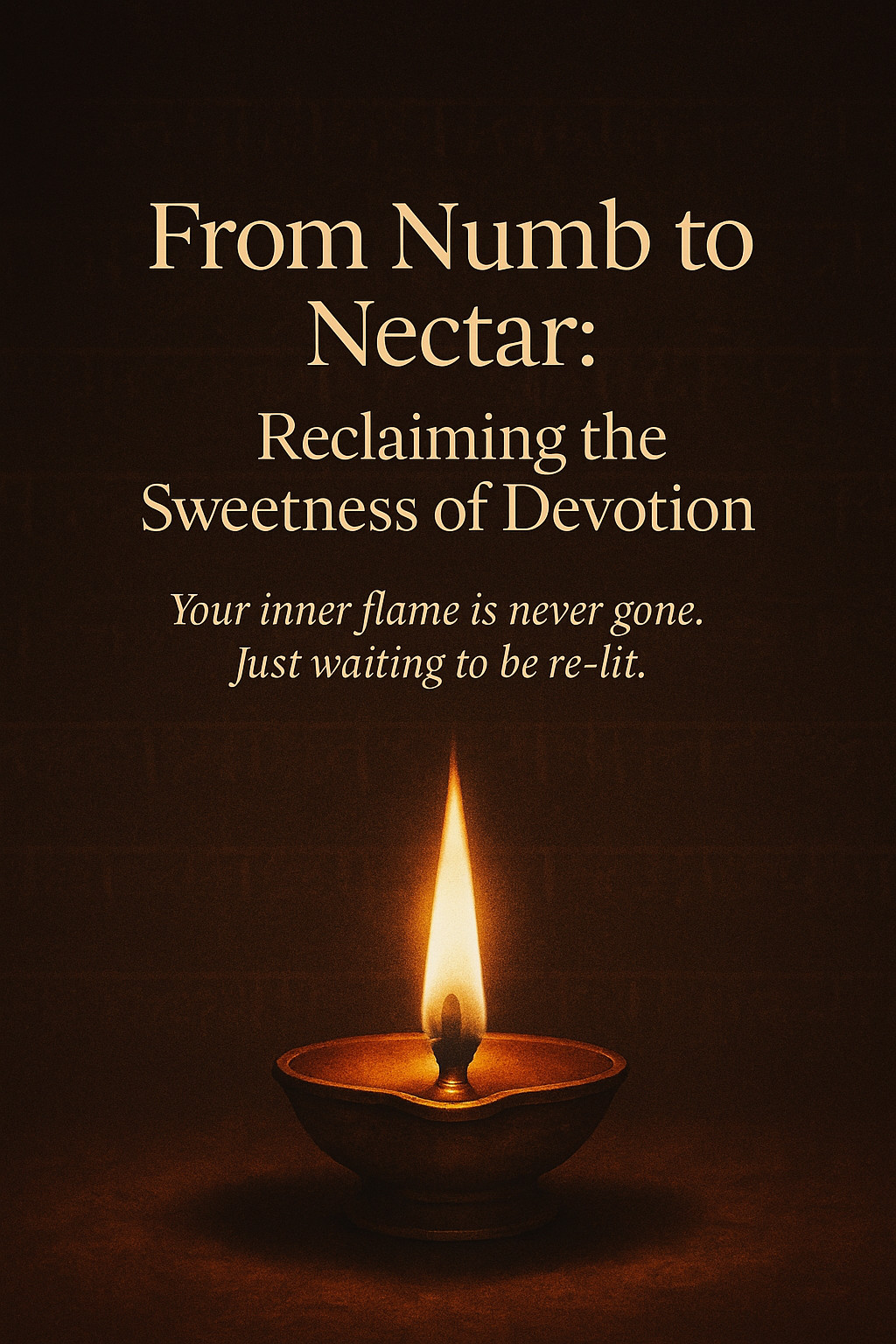At the center of every loving relationship is a fundamental thread: trust. Trust is not simply an outcome of love; it forms the very foundation of love, binding everything together. Without trust, love struggles, and relationships suffer under the weight of doubt, insecurity, and fear, whereas strong trust allows love to thrive, enabling both partners to open their hearts fully and grow together.
Trust represents a silent, shared understanding between partners that conveys, “I believe in you.” It assures one that during vulnerable times, they will encounter empathy, not judgment. Underpinned by trust, love deepens, offering both individuals the security to reveal their truest selves confidently.
However, trust is delicate, necessitating time, consistency, and mutual care to establish and maintain. It blossoms through small acts like fulfilled promises, prevailing honesty, and selfless kindness. Trust needs transparency and openness, allowing communication to flow and boundaries to be respected, thus becoming the essential pillar upon which real, lasting love is constructed.
Read more...Understanding adult attachment is crucial as it profoundly influences our emotional well-being and overall life satisfaction. While traditionally associated with the parent-child bond, attachment continues to play a significant role throughout adulthood, particularly in romantic relationships. Our adult attachment styles, often shaped by early childhood experiences, determine how we connect emotionally, experience intimacy, and build trust in relationships.
There are four primary attachment styles: secure, anxious, avoidant, and fearful-avoidant (disorganized). Secure attachment fosters strong relationships through balance and openness, while insecure styles can lead to patterns of mistrust and anxiety. Cultivating a secure attachment in adult relationships provides emotional security, enhances communication, builds intimacy, fosters resilience, and supports better mental health.
To cultivate healthy adult attachment, individuals need to practice self-awareness, engage in open communication, and make themselves emotionally available. Seeking therapy, building trust, and practicing vulnerability are actionable steps toward evolving one's attachment style. Ultimately, nurturing adult attachment strengthens bonds, offering a foundation of emotional safety, mutual respect, and enduring love in relationships.
Read more...Withholding the truth, whether out of fear or a desire to protect, often undermines the trust and intimacy fundamental to healthy relationships. This subtle act can breed emotional disconnection, creating an unspoken gap filled with misunderstanding and suspicion. Even in the best relationships, the invisible barrier that results from not being open can hinder genuine connection.
True intimacy depends on honesty and the courage to be vulnerable, to share openly even when uncomfortable. When we withhold, we might be trying to avoid judgment or conflict but end up fostering the isolation we fear. Trust thrives when both parties feel secure enough to reveal their truths, leading to deeper connections and understanding.
Trust forms the bedrock of any relationship and is strengthened through honesty and transparency. Withholding truths creates cracks in this foundation, destabilizing the trust that relationships are built upon. Choosing honesty, however challenging, allows for authentic connections and repair of any emotional distances that may have formed, ultimately bringing individuals closer together.
Read more...The article emphasizes that transforming the world begins with loving a woman with depth, reverence, and intention. It underscores the importance of protecting her as a vessel of humanity, acknowledging that she carries the age-old fears of abandonment for everyone and shouldn't bear this weight alone. Her vulnerability, often seen as weakness, is highlighted as a profound emotional connection to the world that calls for a love without conditions—love that is complete and unwavering.
The article argues that through such love, a woman can reclaim her power, divinity, and rightful place in the world, turning into an indomitable force capable of healing and transformation. This love challenges societal structures that aim to diminish her, proposing instead that true revolutionary change lies in embracing love over conflict. It suggests laying down personal battles and anger in favor of the enlightenment and sacred connection found through intimate love.
Ultimately, loving a woman as portrayed becomes a journey into oneself, exploring personal shadows and reaching toward one's highest potential. This connection is likened to a return to a sacred space, a merging of souls in unity and light, serving as a beacon for global healing and unity. The article concludes that such profound love for a woman not only fosters personal healing but transforms the world, guiding it back to peace and oneness.
Read more...To experience true depth in an intimate relationship, trust is essential. This trust is more than just words; it’s a felt sense of knowing that your partner is reliable, present, and committed. It's built on consistent experiences of integrity and commitment, allowing both partners to feel safe enough to expose their vulnerabilities.
Conflict, when navigated well, can deepen intimacy, but only if the relationship feels fundamentally safe. Consistent questioning or lack of boundaries during conflicts creates uncertainty, preventing deeper connection. True safety in a relationship allows both partners to express their deepest fears and desires, fostering an environment where real intimacy can flourish.
Real safety enables vulnerability, allowing partners to let go of self-protection and connect on a deeper level. This safety fuels a space where both can take emotional risks without fear of rejection or abandonment. Ultimately, the depth of a relationship is not measured during the good times but by how safe partners feel to show up in their pain, trusting their partner to support them through it.
Read more...
